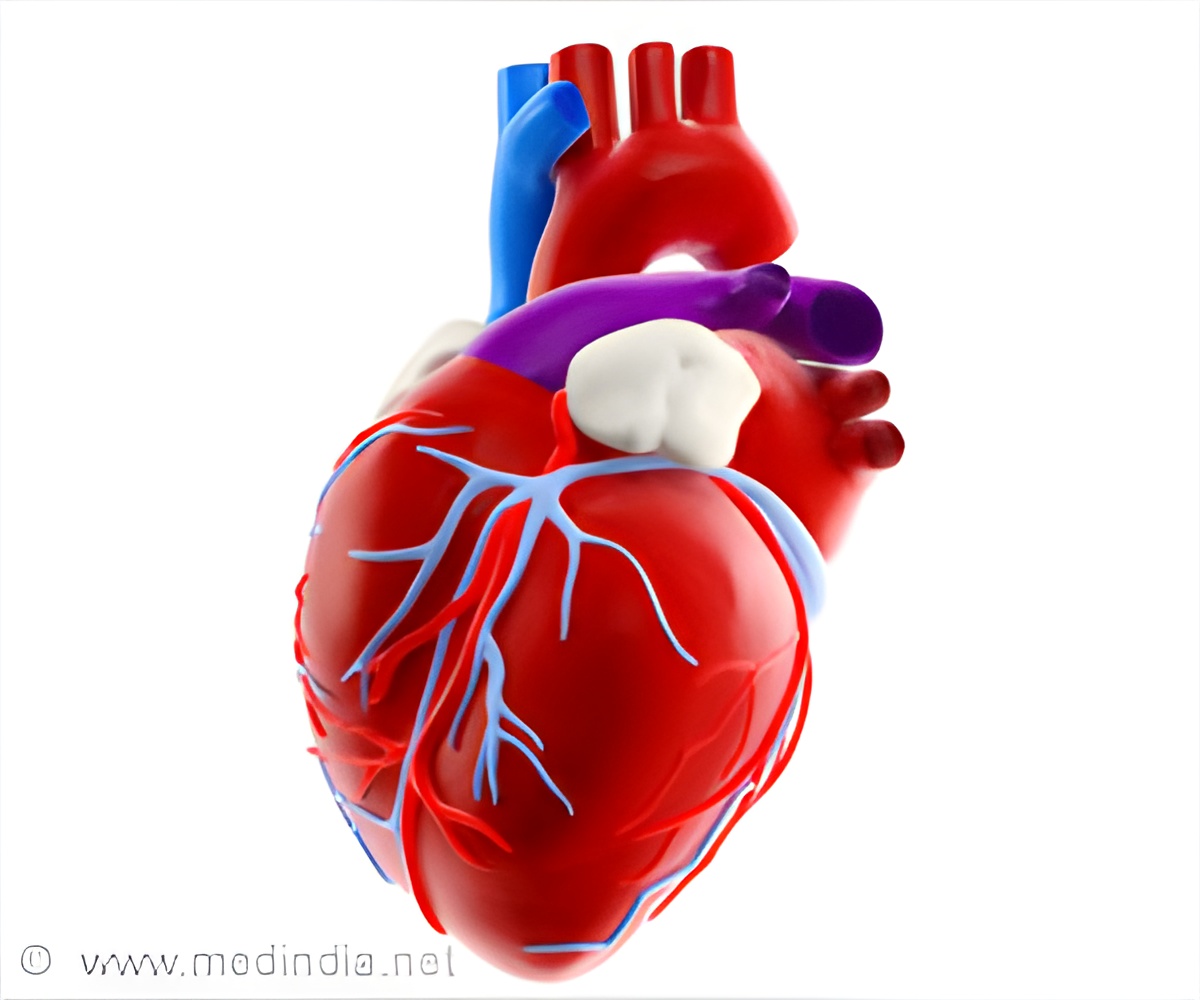Scientists found the presence of smell and taste receptors on the human heart.

Research team leader and Head of the School Professor Walter Thomas said "This is quite remarkable, as the human genome only has 25 of these bitter taste receptors, and we wanted to find out why half of them were located in the heart,"
During the activation of one of the taste receptors with a chemical that taste as bitter the contractile function of the heart was almost completely inhibited. The phenomenon was originally discovered by former UQ PhD student Dr Simon Foster. The findings of Dr Foster are published in The Journal of the Federation of American Societies for Experimental Biology.
Taste Receptors in Humans
Taste receptors facilitate the sensation of taste. Taste receptors are located in the taste buds of the papillae. Human tongue has 2,000–8,000 taste buds. Bitter, sour, salty, sweet, and umami are the five elements of taste perception.Discovery of Bitter Taste Receptors
The existence of bitter taste receptors family is traced back to more than ten years ago by I. Lush, a geneticist. Lush studied the mouse strain differences in bitter taste avoidance.The process of local duplication and differentiation of the original bitterness gene could have resulted in a cluster of bitterness-tasting genes, said Lush. Researcher Adler and his team found region of human chromosome 5 linked to perception of a bitter compound 6-n-propyl-2-thiouracil (PROP). The TAS2R proteins function as bitter taste receptors.
After a heart attack or high blood pressure, human heart undergoes compensatory growth in order to maintain blood circulation around the body. The end outcome of this compensatory growth is heart failure. One of the major cause of death in Australia is heart failure.
The research study conducted with rodent heart cells focused at the genes that are regulated in the heart during the compensatory growth time.
Researchers by using heart tissue from humans undergoing heart surgery replicated the rodent laboratory experiments and discovered the presence of taste receptors in the human heart.
Human Heart Facts
- Human heart beats 100,000 times in a day and about 35 million times in one year.
- The largest artery in the body is the aorta almost the diameter of a garden hose. Heart capillaries are so small that it takes ten of them to equal the thickness of a human hair.
- Human body has about 5.6 litres of blood and human heart pumps about 1 million barrels of blood during an average lifetime













